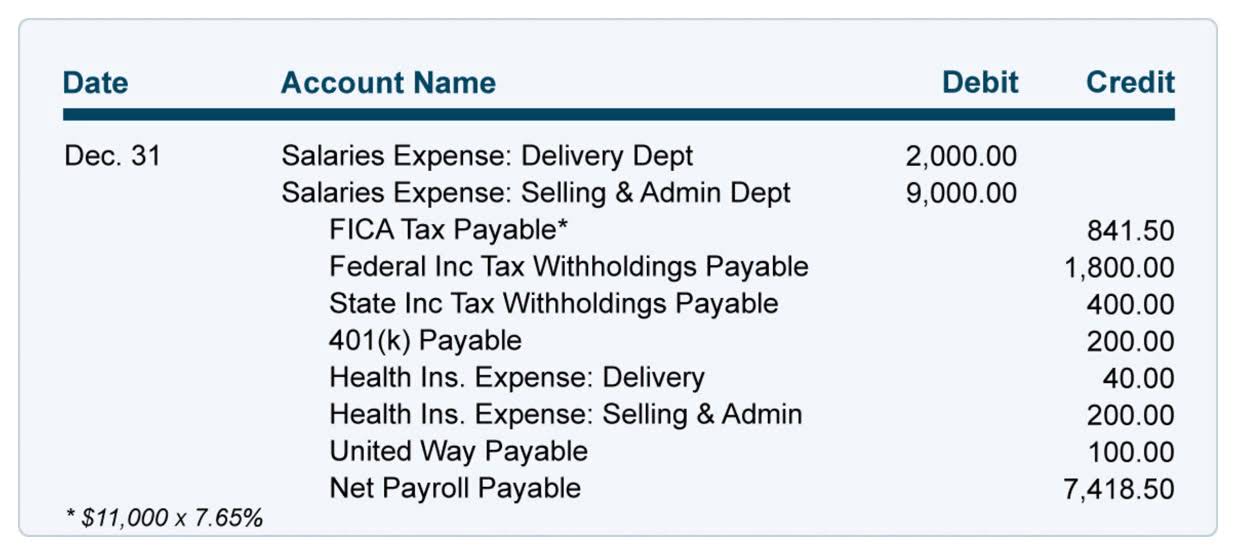
While all these considerations can seem like a lot when you first start applying for grants, most businesses find that it gets easier with time. Follow up with the grant funding agency if they allow it, but be patient as grant review processes can take time. Use this period to gather additional data or refine project plans that could strengthen future proposals. Creating alerts or subscribing to newsletters from these entities can keep you informed about new grant opportunities as soon as they arise. This proactive approach can give businesses an edge in the competitive grant application process.

This makes it possible for all state grant opportunities to be searchable online. Its site includes a map feature you can use to search for grants based on location, and provides information on tax credits and exemptions. Businesses can view BRAG’s Request for Applications (RFA) to learn more about the grants program, funding opportunity, award information, eligibility information, and more. Businesses can also apply for a grant directly on the agency’s website. There are more than 1,000 different grant programs available to businesses and individuals that qualify, distributed by 26 grant-specific agencies across 21 distinct categories.
Preparing Your Proposal
While there may be more opportunities for non-profit organizations when it comes to grant funding, grants for small business owners are not rare. Approach your application from the angle of a reviewer instead of a business owner. Most organizations that bestow grants have long-term institutional goals, and they want to see how their funding can help boost those goals.
Furthermore, find a qualified writer who has experience writing grants, or invest in grant writing training for an existing staff member. There are grants out there for all types and sizes of nonprofits. In addition to that, while many grants are project-specific, there are plenty of grants that are unrestricted and can fund some of your operating costs or capital campaigns as well. However, they are a great solution for nonprofits looking to raise the funds necessary to carry out carefully planned programs. Economic Development Administration (EDA), and the National Institutes of Health (NIH). All grants are targeted to a specific goal, but some are aimed solely at a defined group.
What happens after submitting the grant proposal?
Then, outline your project’s goals, objectives, and how it aligns with the grantor’s mission. Link this need directly to the funder’s priorities for a stronger connection, emphasizing how grant funding can help meet this how to write a grant for a small business need with information beneficial to small businesses. This shows you understand what they value and how your project aligns with their goals, demonstrating the need for grant funding and how this information can help.
- Remember that AI provides a diverse array of tools; there is no universal solution.
- Clearly explain your goals for the project, how you plan to achieve those goals, and how the grant funding will help.
- Funders may simply favor or seek out applications that represent multidisciplinary and multinational projects.
- Before jumping into how to write a grant letter, you need to consider some key factors.
- When to use each type will vary based on your proposed project and goals as well.
Below are steps to writing award-winning grants that you can use to improve your proposal, potentially increasing your chances at writing a small business grant application that will get approved. Clearly explain your goals for the project, how you plan to achieve those goals, and how the grant funding will help. Stick to SMART objectives, ones that can be easily tracked and measured. Doing so will help you demonstrate your eventual successes to the grantor, an important part of the grant process later on. Before you start writing your grant proposal, you’ll want to research the grant or grants you are applying for and the organization to whom you are submitting your proposal. This is part of the pre-award phase, covered in more detail on grants.gov.
Step 9. Outline a project budget
You need to show that your company or organization has the capacity and the ability to meet all deliverables from both an execution perspective but also meet all legal, safety, and quality obligations. Be meticulous in your following of the proposal’s instructions. This means including all the necessary documentation, completing the required forms, and staying on top of deadlines. If that’s the case, you can use the checklist to track your progress and make sure you don’t miss anything. Budget your time to make sure you’ve got enough time to get everything together that is required of you before the deadline.
5 Ways To Find Grants For Your Small Business – Forbes
5 Ways To Find Grants For Your Small Business.
Posted: Sun, 14 Jan 2024 08:00:00 GMT [source]
This makes it appear to a reviewer that your application is an afterthought, and that’s not a good thing. First, create a diversified fundraising plan – where grants are only one of the funding sources. It’s beneficial to review multiple grant templates to find the one that best suits your proposal’s needs. This not only saves time but also increases the chances of your grant proposal standing out. This reinforces your understanding of their mission and how your project contributes to it, by providing information, help, grant, and the need.
Submit the Proposal on Time:
Block time in your calendar for research, writing, and administration tasks. Allow extra time at the end of the grant-writing process to edit, proofread, and meet presentation guidelines. Many corporations and larger companies offer nonprofit and small-business grants. While some corporations work solely with nonprofits, others also provide funding to for-profit small businesses. Like federal grants, corporate grants will have various requirements, provide different amounts of funding, and be suited for specific or broad types of business or research. Companies generally set aside capital at the beginning of the fiscal year and host competitions to distribute the funds to qualified businesses.
